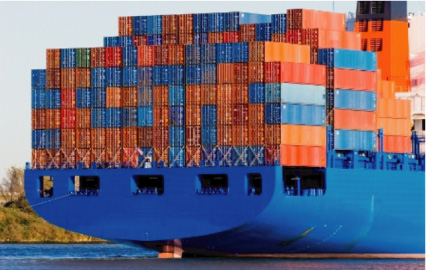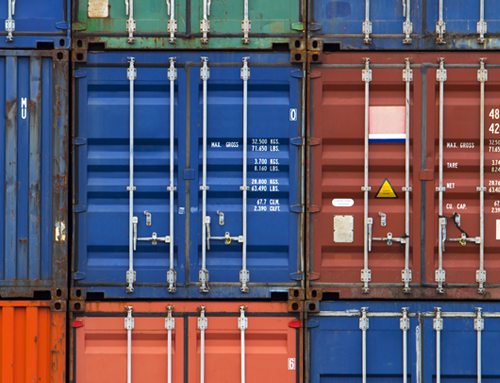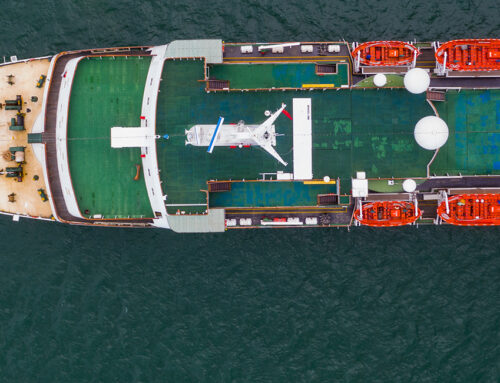On 5 March 2018 the FMC announced a fact-finding investigation number 28 entitled “Conditions and Practices relating to Detention, Demurrage, and Free Time in International Oceanborne Commerce” pursuant to 46 CFR 502.281.
The investigation stems from a petition made to the FMC by the Coalition for Fair Port Practices, which complained (inter alia) that practices relating to charges for demurrage and detention, particularly in situations beyond the control of cargo interests such as work shortages or stoppages or port congestion, amount to unfair practices that hamper trade and restrict the free flow of goods.
The interim report was published 4 September 2018.
The Commissioner found as a matter of fact that these substantive concerns were justified and were not limited to particular weather events, particular disruptions, or particular ports, but rather are systemic issues. Carrier detention revenues skyrocketed 90% in 2014 and another 86% in 2015; the conclusion of west coast labour disputes saw a reduction in 2016 of 23%. According to the investigator, that left 2016 carrier detention revenues at 2.7 times the 2013 level. 2017 saw an increase of approximately 30%, placing it on par with the historic high of 2015.
Practices on what is charged, by whom, and how, were “marked with complexity, inconsistency, and variability”, and in fact even the terminology of “detention” and “demurrage” is not used consistently by VOCCs.
On the key issue of mitigation of these charges in the case of intervening events beyond the control of cargo interests, while most VOCCs indicated they had policies in respect of charges in the event of (e.g.) strike or chassis unavailability, these practices varied widely from carrier to carrier and a significant number had no particular policy but would respond on a case-by-case basis. In any event, the Commissioner stated it was not clear that such policies were communicated to cargo interests.
Like the policies themselves, dispute resolution practices in respect of detention and demurrage charges were varied and frequently informal, and that cargo interests often would not know to whom a complaint about such charges should be made. Perhaps not surprisingly, the Commission found that refunds “are a rare method of resolving disputes,” indicating that most complaints do not result in compensation for the complainant.
Looking forward to its December deadline for a final report, the investigation recommends:
(1) Transparent, standardized language for demurrage, detention, and free time practices;
(2) Clarity, simplification, and accessibility regarding demurrage and detention (a) billing practices and (b) dispute resolution processes;
(3) Explicit guidance regarding types of evidence relevant to resolving demurrage and detention disputes;
(4) Consistent notice to shippers of container availability;
(5) An optional billing model wherein (a) MTOs bill shippers directly for demurrage; and (b) VOCCs bill shippers for detention; and
(6) An FMC Shipper Advisory or Innovation Team.
Comment:
Although the American system of port and multimodal operations has many unique features, in my experience concerns and complaints about storage, demurrage, and detention charges are common among cargo interests and freight forwarders. The major steamship lines have largely adopted very broad language in their “Merchant” clauses, defining who may be held responsible for charges imposed under the carrier’s tariff to include forwarding agents and even notify parties, which can leave forwarder’s liable for significant charges where a consignee fails to take delivery, whether through insolvency or otherwise. In those cases, the accumulation of these charges is often a contributing factor in the failure of the transaction.
Charges, particularly for container detention, are often not rationally connected to the objective of prompt return and can quickly become punitive; at least one carrier in Canada actually imposes a penalty on containers not returned within 20 days in addition to the existing and accruing charges. As in the US, carrier and port practices with respect to these charges are rarely transparent, and effective dispute resolution very rare.
It may be hoped that the work of the FMC in its final report will offer guidance not only to American ports, carriers, forwarders, and cargo interests, but also to a wider audience in the business of moving the world’s cargoes.





